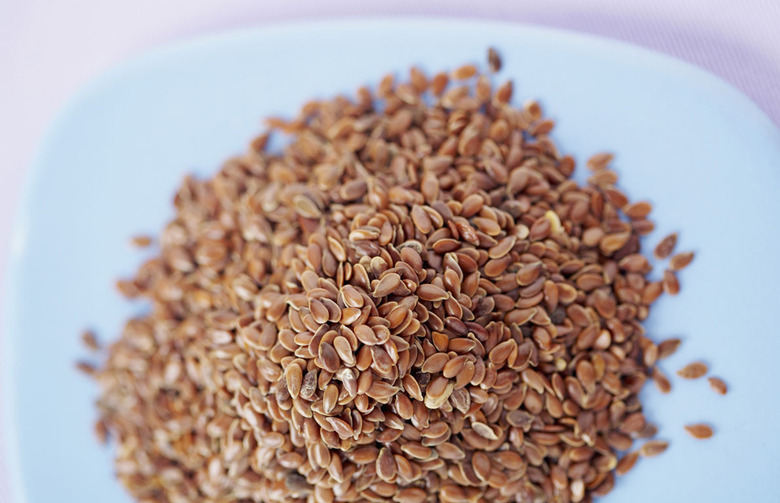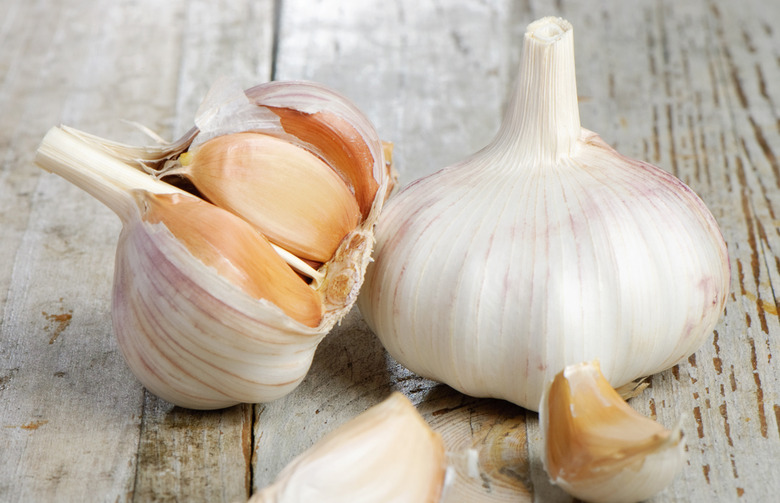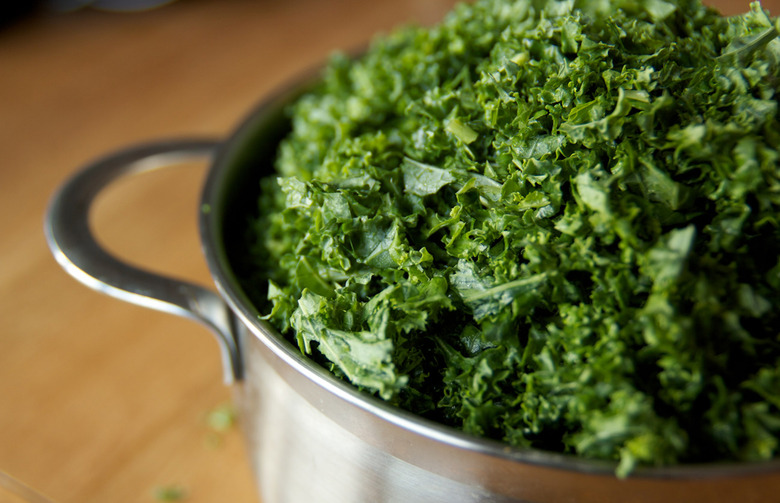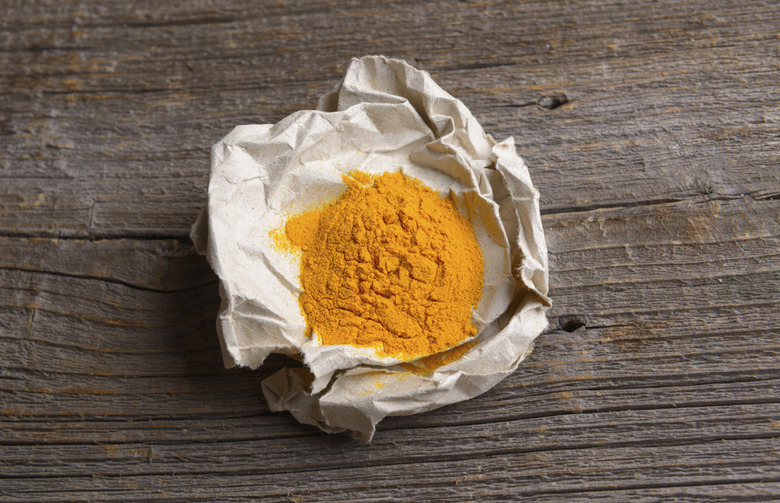10 Delicious Remedies For Fall Allergies
Research shows that eating certain foods can be a bad choice during allergy season. The good news is that there also are foods and drinks you can consume that could help with your allergy troubles.
Cabbage
Cabbage contains a flavonoid called quercetin, which is believed to help reduce the inflammation associated with allergies. There is support behind the idea that quercetin prevents immune cells from evoking an allergic response, or releasing histamines.
Flaxseeds
Flaxseeds, walnuts, and tree nuts are full of omega-3 fatty acids. They are responsible for the production of EPA and DHA in your body, which promotes a healthy functioning immune system. Flaxseeds also contain selenium, which is a significant mineral that can help reduce an allergic response.
Garlic
Green Tea
Both green tea and herbal tea contain natural antihistamines, which prevent your body from making chemicals when it comes into contact with whatever you're allergic to. Swap out your morning coffee with a cup of tea to start your day allergy-free.
Kale
Oranges
Although you may be tempted to take a vitamin C supplement, the best way to get your daily dose is by consuming foods rich in vitamin C. Oranges, red peppers, and strawberries are great sources of vitamin C, which can help control allergy symptoms.
Salmon
Omega-3 fatty acids, found in wild-caught salmon, are beneficial for reducing the symptoms of allergies. In one study, 23 adults with asthma took an omega-3 supplement or a placebo for five weeks, and those taking the omega-3s had lower levels of airway inflammation.
Turmeric
You may recognize the taste of turmeric in your favorite Indian curry. The spice has a powerful anti-inflammatory response and it can be taken as a supplement or used to liven up your meals.
Yogurt
Yogurt and other fermented foods contain probiotics, which are the "friendly bacteria" in your body, according to the National Institutes of Health. On nutrient labels, these probiotics are listed as Lactobacillus or Bifidobacterium and are similar to bacteria found in your digestive tract. They can help regulate your immune system so you'll have fewer allergy symptoms.









